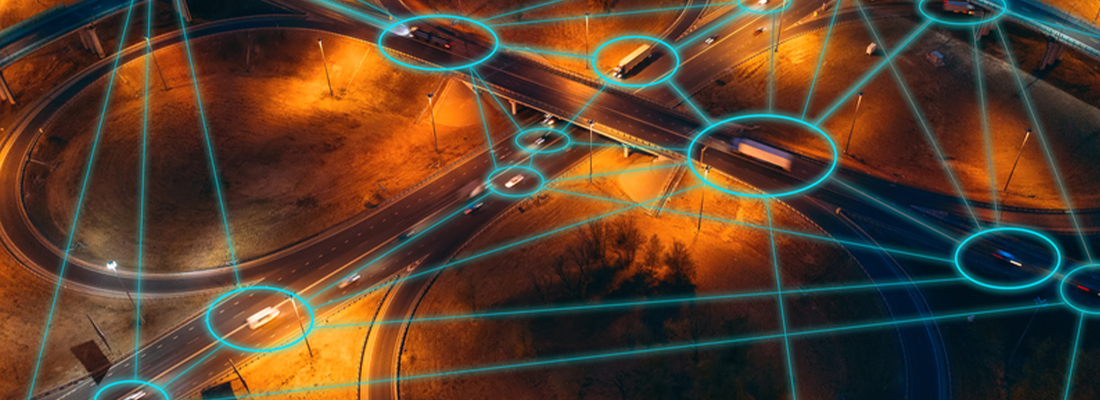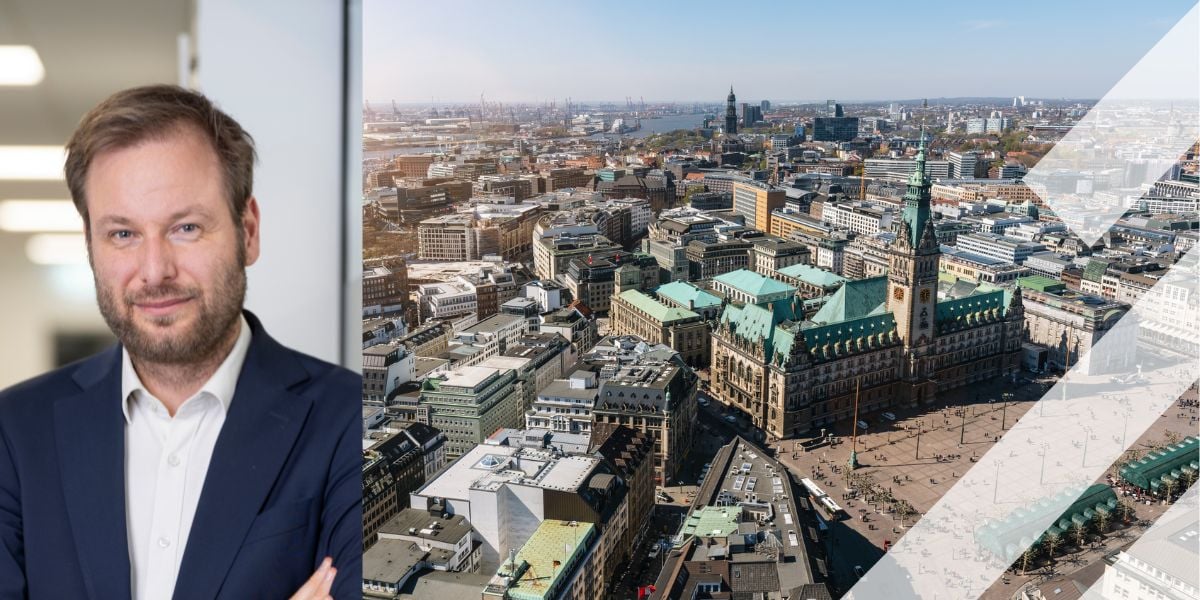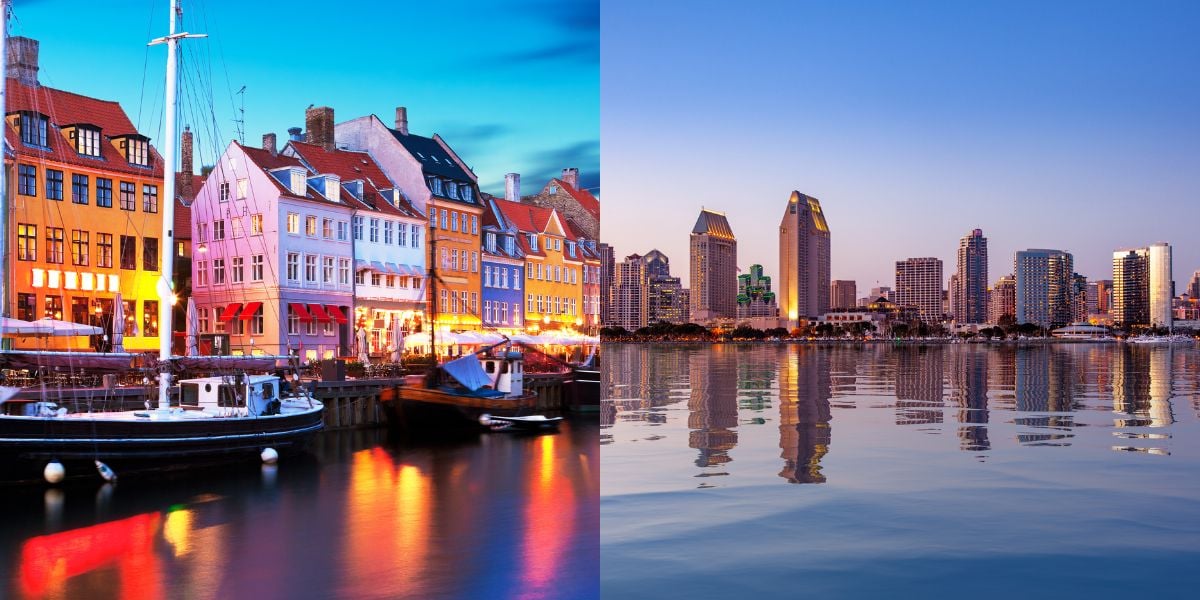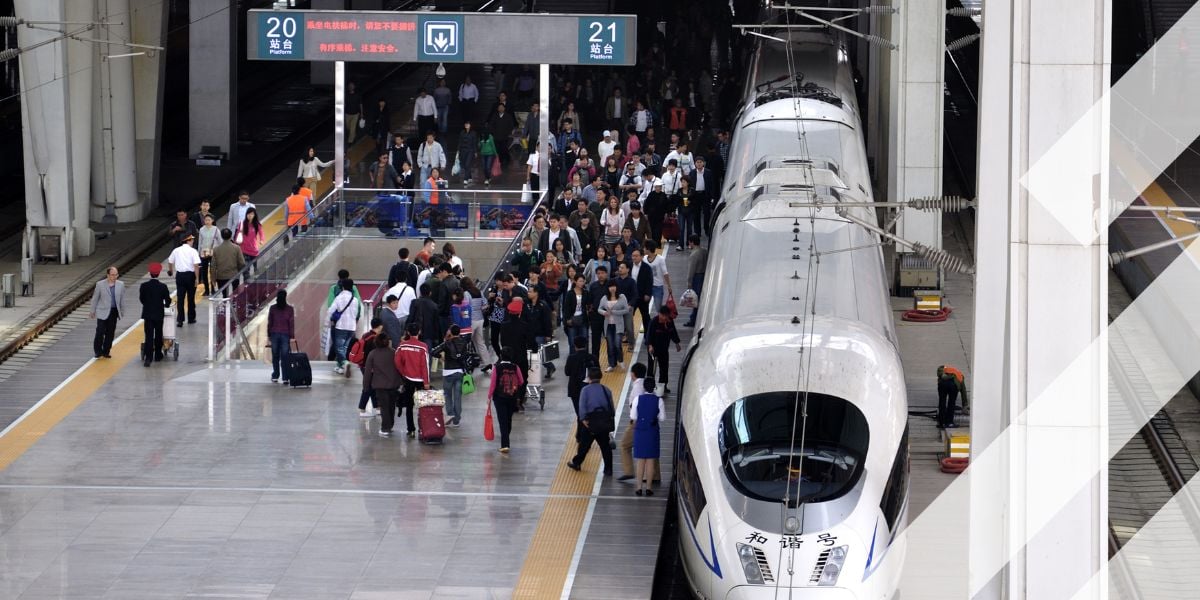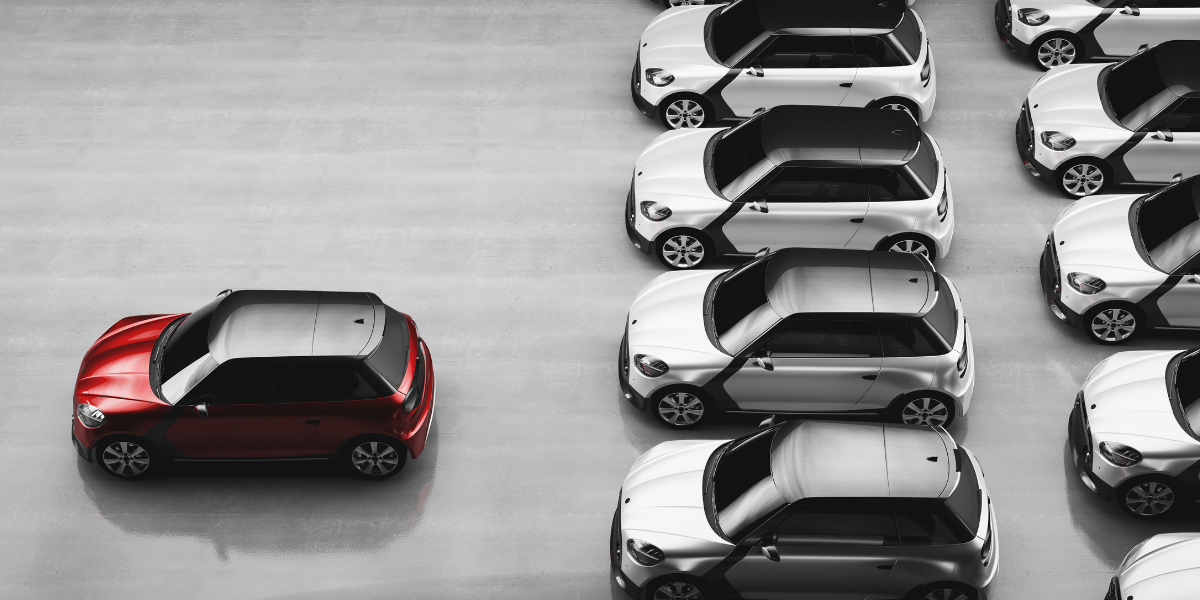Digital Road Operations | Q&A with Christopher Kettell, TRL Software
What does good look like?
An Intertraffic Q&A with Christopher Kettell, Chief Technologist at TRL Software
Intertraffic: The last couple of years for the transport sector have been unprecedented in that traffic and congestion levels dropped significantly, particularly during the first wave of Covid-19. Road occupancy started to increase as life edged back to what we thought was normality and then dropped off again as the second wave hit. Now that Europe is “living with Covid” it seems that there’s more traffic than ever! For digital road operations purposes, what has the last two years offered in terms of opportunities to innovate, or opportunities to recalibrate?
Chris Kettell (CK): I think the single biggest thing that we saw during the first lockdown, other than there being less traffic on the roads, is that local authorities were presented with an incredible opportunity to have access to sites, roads, junctions and equipment that normally would have to be planned and worked on certain nights, weekends, quiet periods, because of the impact on traffic flow, where the traffic flow has not been there. The rollout and upgrades, sort of the basic housekeeping of keeping the lights on has been completed, we see that reflected in the authorities that we talked to at TRL. But in terms of what they've done, it's been the opportunity to do what they had previously been unable to do quite so easily. That's the maintenance, keeping things running. And so you look at the pandemic, how traffic flows changed and what actually happened. Whilst you can say, well, ‘everything's changing’, perversely, you can also say, ‘actually, nothing has changed’.
During the first lockdown I was visiting my father-in-law who was in a hospice. The drive from my home to the hospice, where I saw no other car on the road, was a bizarre experience but you’re right, there's now even more traffic on the roads than there was previously. In digital road operations terms, what really jumped out from that was the UK Department for Transport (DfT) wanted to report on changes on traffic flow, looking across the Strategic Road Network (SRN) looking across local roads and they asked road authorities to provide their data. Everybody had a different way to provide it. It required DfT to engage a consultancy firm, to spend three months pulling all of this data together and we need to get to the stage where this information is available with a couple of presses on a keyboard. You asked about the opportunity for innovation? This is an example of where there's so many things you can point to in terms of can this be better? What does good look like?”
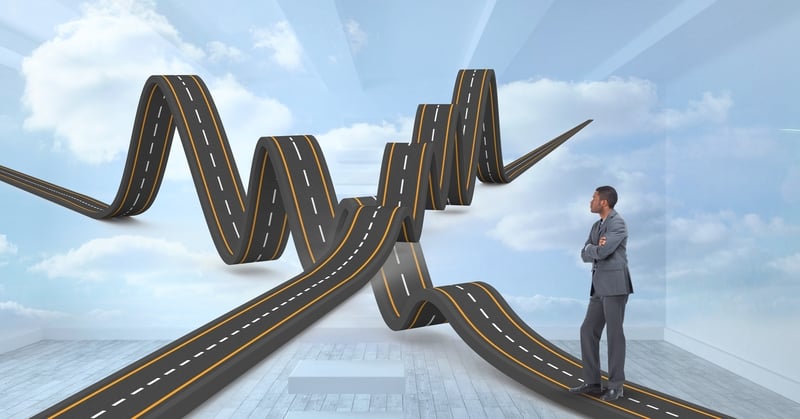
Intertraffic: Is there scope for all of Britain's road operators, digital or otherwise, to have the same system?
CK: Let’s look at some international experience. The Dutch said, ‘we're going to standardize all of our traffic data across all of our provinces. And we're going to have everything connected. We're going to call this program Talking Traffic’. There was some degree of skepticism but the Dutch just did it. They're three years into operations and you can see right now what the traffic lights are doing at an intersection, you can get any information about any of the provinces and any of their roads online. They didn't spend a gazillion Euros, either. Where you have a national policy framework, clear objectives, buy-in from industry, and captains of industries ready to steer the ship, as it were, that is what’s achievable.
"Where you have a national policy framework, clear objectives, buy-in from industry and captains of industries ready to steer the ship, as it were, the Dutch Talking Traffic scheme is what’s achievable"
So could we do that in the UK? It would be a challenge, the extra investment in infrastructure to the jump from where we are today, where we're just keeping the lights on and keeping things running to tomorrow's digital and connected roads where everything is great and cars will fly would be huge. There's this unknown, temporal gap in the middle and it might as well be a black hole.
Intertraffic: What is the biggest issue? Is there one thing that is stopping this happening in the UK? Is it a case of “this is the way we've always done it. This is the way we're going to do it” and a nationwide reluctance to change? It’s probably fair to say that as a nation the Dutch are perhaps a little more naturally open to trying different things?
CK: When you look at what the Dutch did, they started with a vision, and they said, here's what we want, here's how we need to do it. We had meetings to discuss how TRL could get involved with Talking Traffic, and setting their vision to have what they claimed an ITS menu, and more importantly an ITS menu that was the same across all of the provinces.
There would be genuine, proper interoperability no matter what bit of kit you've got, it’ll just work together. In the UK, we have an awful lot of legacy stuff. We've got UG405, which is the comms protocol. We've got UTMC (Urban Traffic Management and Control) as the standard that sits atop that and of course we must have UTMC compliance as well. Actually, I think that came about at a time where it was all about achieving hardware-to-hardware comms but if you look at how computer hardware and technology has changed in the intervening period… it’s ubiquitous. Data is the lifeblood of these things. People say ‘Data is the new oil’ and it grinds my gears, ironically. If it was the new oil, there's clearly an engine leak that's going on in there somewhere. The days of buy a product, install a product, use a product are gone. Now you subscribe to a product and monetise the data that comes out of that.
"People say ‘Data is the new oil’ and it grinds my gears, ironically. If it was the new oil, there's clearly an engine leak that's going on in there somewhere"
Intertraffic: Does this lead us to the oft-ask question of who owns the data?
CK: What I fundamentally disagree with is public purse, investment, creating datasets that an authority are perceived to not own or not have access to and need to pay for access to that are then sold on. That, to me, says the problem is with the current business models and approaches from the current system providers that are steeped in the idea of sweating the asset to get as much value out of something they built in 2008. Because what's the impetus for innovation? Again, what does good look like? What's available? If you if you rub that shiny surface off, what you've got underneath is technical debt that goes all the way back to the mid-90s. Shift that mindset and all of a sudden you've got more systems being connected. Just to try and shoehorn those into a new solution space to enable digital connectivity, I think, is a massive misstep. But that kind of feels like the direction in which we're going.
"Just to try and shoehorn mid-90s thinking into a new solution space to enable digital connectivity is a massive misstep. But that kind of feels like the direction in which we're going"
Intertraffic: You talked of impetus… can we slightly change tack and talk about motivation for innovation?
CK: Look at the UK’s National Highways who are doing an fantastic job at driving innovation and have their ambition around naked roads, for example. So less infrastructure being put out on the side, was it connected, protected, naked, personalized, integrated, digital twinning as those concepts brand less infrastructure being needed? Hey, are we putting up MS4s (gantry-mounted full matrix road signs) now? Or are we doing in-vehicle signage? You've got a car that's capable of receiving information you can display and you don't need to put it on a massive gantry. Well, not all cars have that at the moment, but there's a direction of travel.
Intertraffic: Fascinating stuff… but can we finish by asking about the role of the digital road operator and what and how TRL works with them. Perhaps it’s where we should have started.
CK: When you speak about the Digital Road Operator, let's pare that back to basics and whose operating your road. The common thing that knits it all together is, to steal Ordnance Survey’s motto, everything happens somewhere. And so today you've got Ordnance Survey as a government-owned but self-sufficient entity that can provide a base map of the entire UK road network and you've got the government-subsidized local authority subscriptions to access that data. What you've got is lots of silos. That's their filing cabinet. That's their paper records. This is the TRL team. This is the traffic control team. That's development control. The barriers between them exist, because they all have their own systems. And at no point in history have those systems ever needed to talk to each other.
"You have people that live and breathe the road network. I've spent time in traffic control rooms, and people just know when something quite right doesn't feel right, or if you prefer they know what good looks like"
You have people that live and breathe the road network. I've spent time in traffic control rooms, and people just know when something quite right doesn't feel right, or if you prefer they know what good looks like. “We're building 2500 new homes right here, and we're going to have a T-junction for it…” and their response is “Yeah, that's not gonna work. Exchange happens because people talk to each other. It’s not systems because the systems just have information and data for their specific task.”

Intertraffic: So, how to get to the promised land, if such a thing exists, and what part does SCOOT (Split Cycle Offset Optimisation Technique used in over 350 cities worldwide) have to play?
CK: On the one hand, you've got people doing great things with limited resources, versus the ‘we're gonna make everything digital’ vision. And that's tomorrow. But there's no magical rainbow bridge to get there. And so with TRL, when we talk with customers, I can speak to Transport for Greater Manchester and have frank discussions, and talk about their issues, their pain points? What does good look like for you had you considered that it was a possibility? They’ll say: “We're an open authority, we have data that's available, and we want to be able to do more with that. But to us, SCOOT, is a closed box so how do we get stuff out from it? And not have to pay for it like we currently do?”
"When we talk with customers, I can speak to Transport for Greater Manchester and have frank discussions, and talk about their issues, their pain points? What does good look like for you had you considered that it was a possibility?"
This is software development and in software, anything is possible, isn’t it? We do that. So actually, it's about not doing what you think the customer wants. Oh, here you go. Here's that thing you didn't ask for. What are you doing at a strategic level? How do you inform policy? Where does that come from? How do you make everything better?
I’m a huge advocate of open data. The Guardian (newspaper) in 2010, started the push for open data, citing more transparency and accountability. We're very constrained and it’s just one barrier after another, or we can't share data because GDPR doesn't let us share traffic information. Listen to what the authorities say. Sometimes digital road operations are a regional issue, sometimes it’s subregional at city level and sometimes it's just people that are the problem, but we need to share examples of the benefits of working in an open and collaborative way and bring them on this journey with us.
In a perfect world, you would have data that gets transformed into information that gets turned into insight that then you can define actions from. That's a beautiful flow. At the moment you have data and pay me, some data of origins unknown, and some insight, perhaps, and possibly some strategy. Local authorities and the public sector are leaning towards data and insight-driven decisions. If we keep doing as we've always done, build more roads, add more capacity, see the car as king? It's not sustainable.
What does good look like? Let’s have a conversation.
Share your story
Do you have an innovation, research results or an other interesting topic you would like to share with the professionals in the infrastructure, traffic management, safety, smart mobility and parking industry? The Intertraffic website and social media channels are a great platform to showcase your stories!
Please contact our Sr Brand Marketing Manager Carola Jansen-Young.
Are you an Intertraffic exhibitor?
Make sure you add your latest press releases to your Company Profile in the Exhibitor Portal for free exposure.

